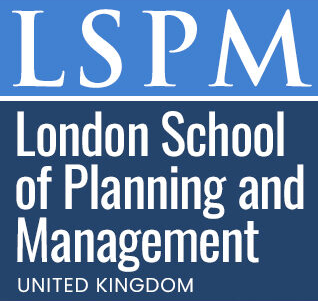Global Certificate Course in Legal Empiricism and Legal Rationalism
Published on June 28, 2025
About this Podcast
HOST: Welcome to our podcast, today we're joined by Dr. Jane Smith, an expert in legal philosophy and the lead instructor for the Global Certificate Course in Legal Empiricism and Legal Rationalism. Dr. Smith, can you tell us a bit about this course and what students can expect to learn? GUEST: Absolutely! This course delves into the two primary philosophies shaping legal thought: Legal Empiricism and Legal Rationalism. Students will explore evidence-based analysis and deductive reasoning, gaining critical thinking skills and a deeper understanding of legal theory. HOST: That sounds fascinating. How do these contrasting approaches impact the day-to-day work of legal professionals? GUEST: Great question. Legal Empiricism, with its focus on empirical evidence, can help lawyers build stronger cases by relying on facts and data. Legal Rationalism, on the other hand, enables legal professionals to construct solid arguments based on logical reasoning and established legal principles. HOST: I see. Given the growing emphasis on data-driven decision-making, how do you think Legal Empiricism will shape the future of the legal industry? GUEST: The future of the legal field will likely involve more data analysis and empirical research. As data becomes increasingly important, Legal Empiricism will play a crucial role in shaping how lawyers approach cases and make decisions. HOST: What are some challenges students might face when studying Legal Empiricism and Legal Rationalism? GUEST: One challenge is developing a nuanced understanding of these philosophies and knowing when to apply each approach. Students may also find it difficult to balance empirical evidence with rationalist deductive reasoning, as both methods require different skill sets. HOST: How does this course address those challenges and help students overcome them? GUEST: Our course incorporates jurisprudence, legal methodology, and case studies to provide a practical context for these philosophies. Students will engage in hands-on activities and discussions, allowing them to apply concepts and learn from their peers' experiences. HOST: That sounds like a well-rounded approach. Thank you, Dr. Smith, for sharing your insights on the Global Certificate Course in Legal Empiricism and Legal Rationalism. If you're interested in deepening your understanding of legal theory, be sure to check out this exciting new course!
